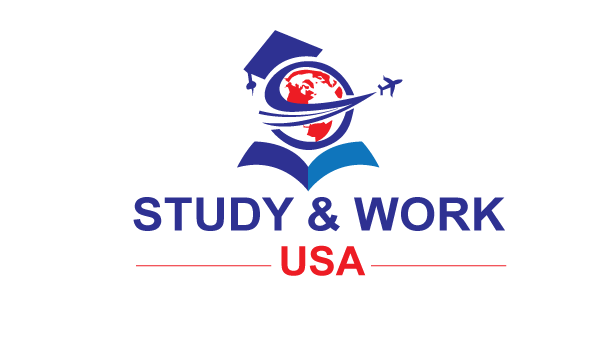Your US Study Fund: How to Secure a Graduate Assistantship or On-Campus Job
Studying in the US is a huge investment, but it doesn’t have to break the bank. For international students, securing a Graduate Assistantship (GA) or an on-campus job is the smartest way to fund your degree. This not only provides financial help, but also gives you crucial US work experience that future employers look for. This strategy is key because it’s one of the few ways students on an F-1 visa can legally earn money in the country.
The Gold Standard: Graduate Assistantships
A Graduate Assistantship is the best funding path available. It combines your academic work with a job on campus. In exchange for your service, you typically work 10 to 20 hours per week and receive two massive benefits: a stipend (money for living expenses) and a full or partial tuition waiver (which significantly cuts the cost of your degree).
Types of Assistantships
It helps to know what you’re looking for. You should target all three types:
- Teaching Assistant (TA): You help a professor with their undergraduate courses. This might involve grading papers, running lab sessions, or leading discussion groups. TAs are fantastic for building your public speaking and leadership skills.
- Research Assistant (RA): You work alongside a professor on their funded research. If your career goal is in research or specialized industry, this is the perfect opportunity to develop skills like data analysis, lab work, or advanced coding.
- Graduate Service Assistant (GSA): These roles are in university offices outside of your department, such as the Admissions Office, the Housing Department, or the Library. They help you build valuable administrative and organizational skills.
Your Strategy for Landing a GA
Landing an assistantship requires a proactive approach, as they are rarely given out automatically:
- Apply Early and Be Specific: When you apply to the graduate school, clearly state your strong interest in a GA. Then, the moment you are accepted, contact the Program Director or Department Chair in your field to ask about available positions.
- Network is Key: For an RA position, research the faculty. Find out what projects they are working on. Send personalized, professional emails to professors whose research aligns with your skills. Show them exactly how you can help them achieve their goals.
- Be Prepared: To maintain a GA, you generally must remain enrolled full-time and keep your GPA above a certain level (often 3.0).
For specific guidance on writing effective emails and resumes for academic positions, check out this external resource on academic career strategies.
Securing a General On-Campus Job
If an assistantship isn’t available right away, an on-campus job is your next best option. It provides a reliable paycheck and is easier to secure.
Important F-1 Visa Rules
As an international student, you are only allowed to work:
- A maximum of 20 hours per week when classes are in session.
- Full-time (over 20 hours per week) during official university breaks, like summer or winter vacation.
You do not need special permission from immigration to work on campus, but you must be hired by the university or an approved vendor.
Where to Look for Openings
These positions, while not always related to your major, are critical for gaining experience in a US workplace:
- The Library: Look for positions working at the circulation or reserves desk.
- Campus Dining Services: They are almost always hiring for kitchen help or counter service.
- The Recreational Center: Front desk or equipment check-out jobs are common.
- The IT Help Desk: Great if you have basic computer and troubleshooting skills.
Most job listings are posted on the university’s online portal. To make sure you’re following all rules and know exactly where to apply, your first stop should always be your school’s International Student Services (ISS) office. They are your official advisor for all employment and visa questions.
Turning Work into Experience
The real value of these jobs isn’t just the money. It’s the experience. Working on campus teaches you professional skills like time management, US workplace culture, and customer service.
Also, remember that after your first full academic year (nine months), you become eligible for Curricular Practical Training (CPT). CPT allows you to work off-campus in paid or unpaid internships that are directly related to your major, giving you the professional experience you need to launch your career after graduation. This external guide provides more detail on the benefits of CPT internships.
If you have specific questions about your program’s funding deadlines or need to set up a meeting with an advisor, please use the official link to Contact the Graduate Funding Office.


